A SemiWiki member mentioned CircuitLaba few months back so I took a look at it today and share my first impressions.… Read More
Electronic Design Automation
Power and Reliability Sign-off – A must, but how?
At the onset of SoCs with multiple functionalities being packed together at the helm of technologies to improve upon performance and area; power, which was earlier neglected, has become critical and needs special attention in designing SoCs. And there comes reliability considerations as well due to multiple electrical and … Read More
What Applications Implement Best with High Level Synthesis?
RTL coding using languages like Verilog and VHDL have been around since the 1980’s and for almost as long a time we’ve been hearing about High Level Synthesis, or HLS that allows an SoC designer to code above the RTL level where you code at the algorithm level. The most popular HLS languages today are C, C++ and SystemC.… Read More
System Reliability Audits
How reliable is your cell-phone? Actually, you don’t really care. It will crash from time to time due to software bugs and you’ll throw it away after two or three years. If a few phones also crash due to stray neutrons from outer space or stray alpha particles from the solder balls used in the flip-chip bonding then nobody… Read More
From Layout Sign-off to RTL Sign-off
This week, I had a nice opportunity meeting Charu Puri, Corporate Marketing and Sushil Gupta, V.P. & Managing Director at Atrenta, Noida. Well, I know Sushil since 1990s; in fact, he was my manager at one point of time during my job earlier than Cadence. He leads this large R&D development centre, consisting about 200 people… Read More
Constrain all you want, we’ll solve more
EDA tool development is always pushing the boundaries, driven in part by bigger, faster chips and more complex IP. For several years now, the trend has been developing tools that spot problems faster without waiting for the “big bang” synthesis result that takes hours and hours. Vendors, with help from customers, are tuning tools… Read More
Metastability Starts With Standard Cells
Metastability is a critical SoC failure mode that occurs at the interface between clocked and clockless systems. It’s a risk that must be carefully managed as the industry moves to increasingly dense designs at 28nm and below. Blendics is an emerging technology company that I have been working with recently, their MetaACE… Read More
♫ IMG Sitting on the DOK of the Bay…Closin’ Timin’
Scott Fitzgerald is supposed to have said “the rich are not like other people” to Ernest Hemingway (he didn’t). In the same way, processors are not like other blocks, and not because they have more gates (they don’t). However, special approaches to optimizing processors are important because the clock… Read More
Debugging Verification Constraints
In his DAC keynote last year (2012) Mike Mueller of ARM compared how much CPU was required to verify the first ARM versus one of the latest ARM Cortex CPUs. Of course the newer CPU is hundreds of times larger than the first ARM but the amount of verification required was millions of times as much, requiring ARM to construct their own datacenter… Read More
Around the World in 80 Engineers…Actually Well Over 200
Atrenta today announced Dr Ajith Pasqual, who is the Head of the Department of Electronic & Telecommunication Engineering at the University of Moratuwa in Sri Lanka (which used to be known as Ceylon) has joined Atrenta’s technical advisory board (TAB). OK, academics join EDA company’s TABs all the time so that’s… Read More



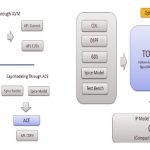
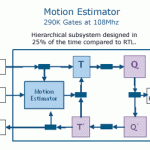
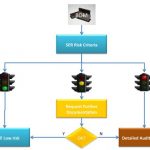

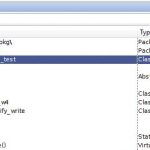
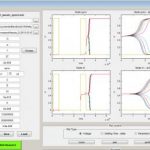
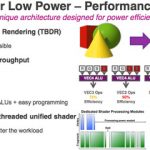
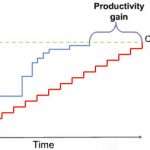

Flynn Was Right: How a 2003 Warning Foretold Today’s Architectural Pivot